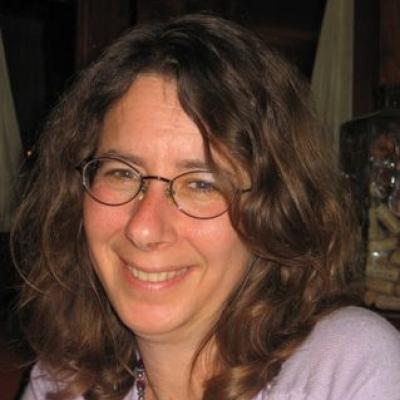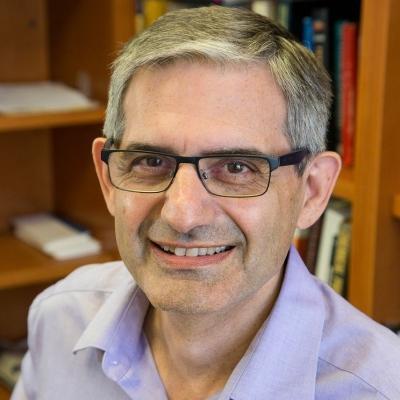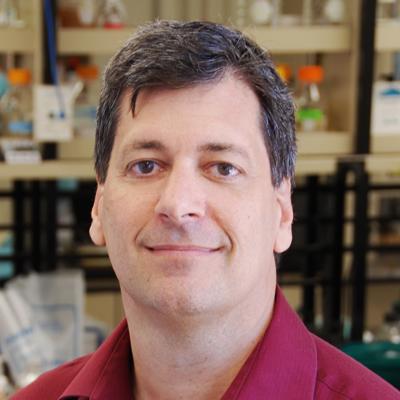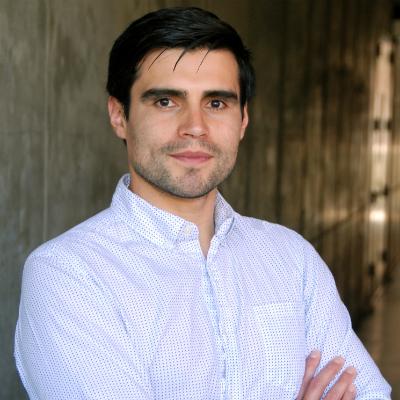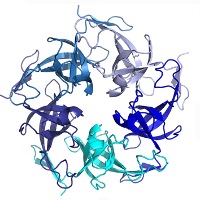
Bioenergy and the Environment research at UCLA seeks to develop advanced biofuels and biomaterials by genetically reengineering enzymes and reprogramming microbial cells using modern synthetic biology methods. Ongoing research seeks to reengineer microbes to convert plant material into fuels and chemicals, and is analyzing algal and other microbial genomes to discover new enzymes and pathways for energy production. We are also developing new statistical methods for more rapid discovery of useful genes, and designing and synthesizing novel biomaterials for CO2 capture.
